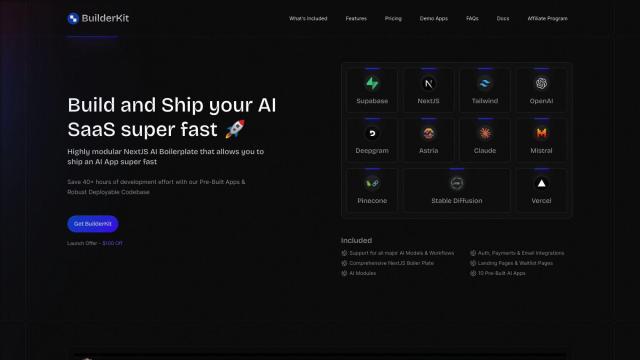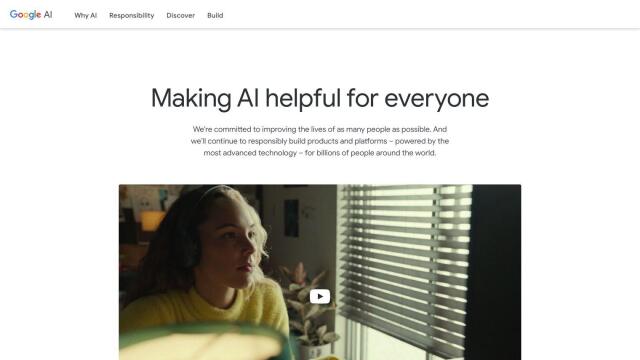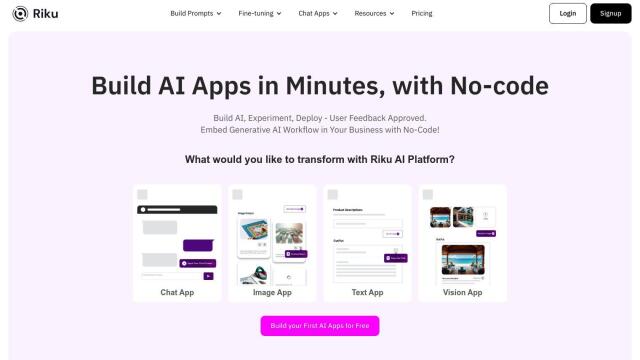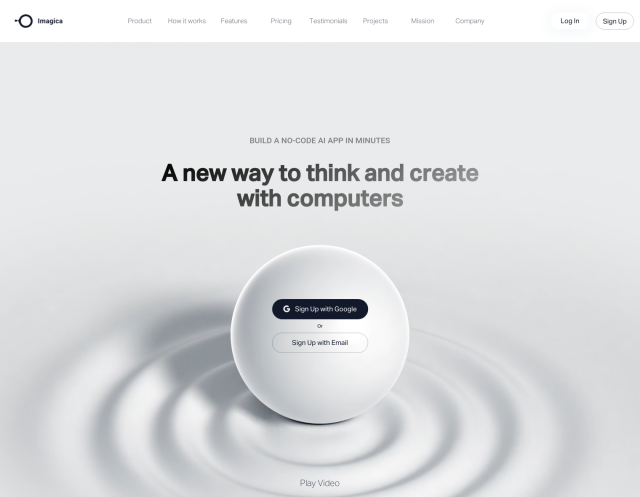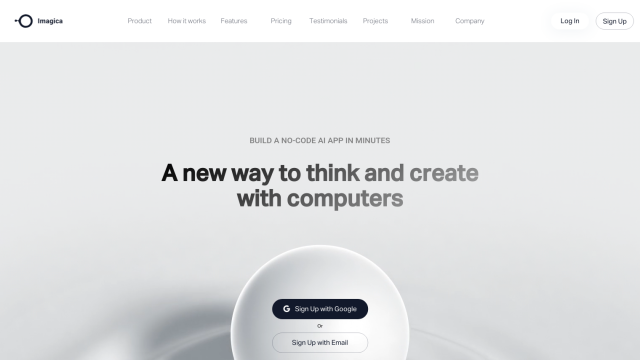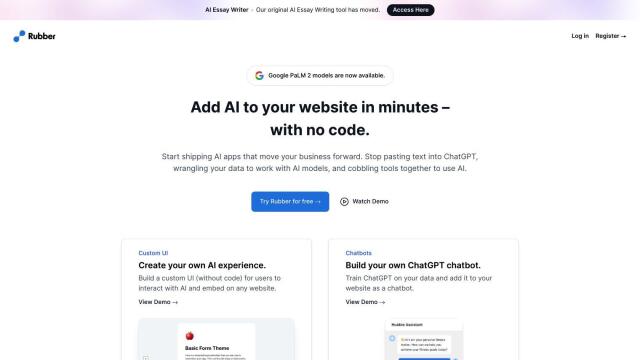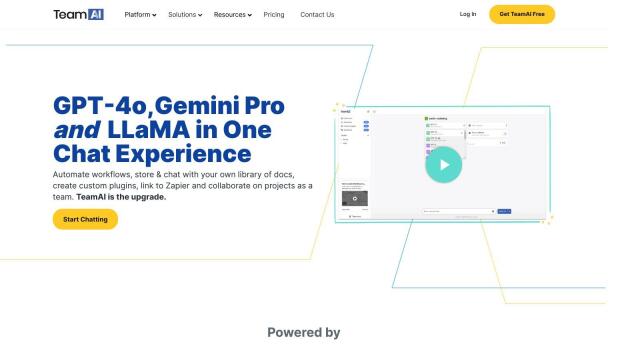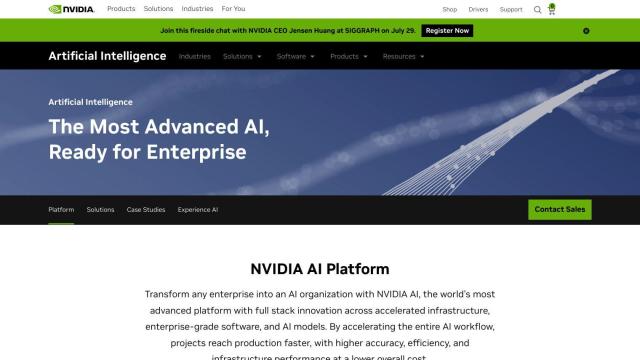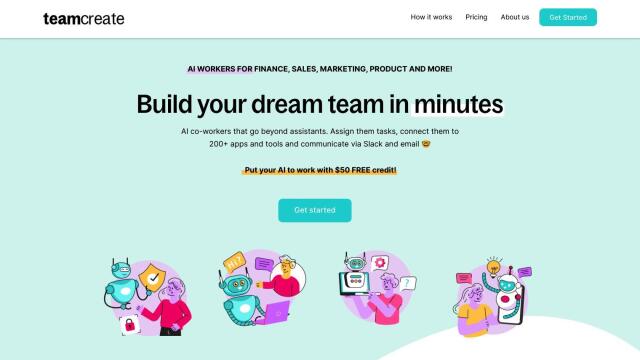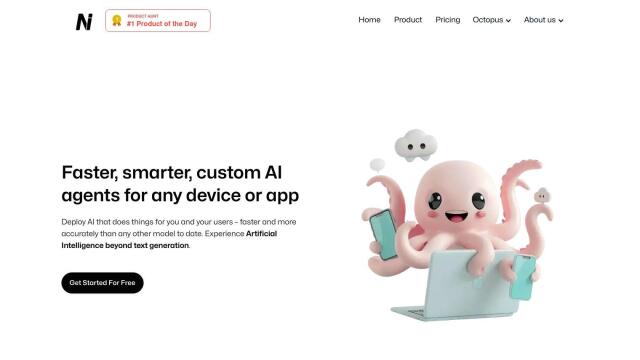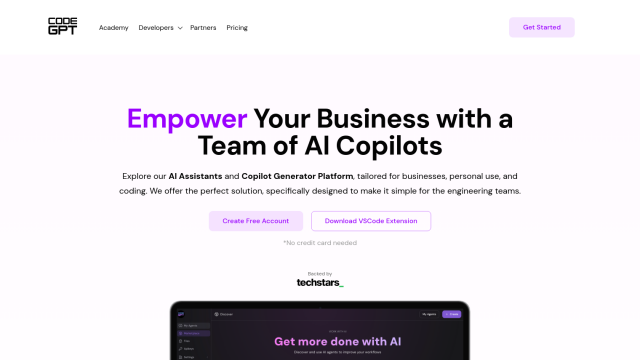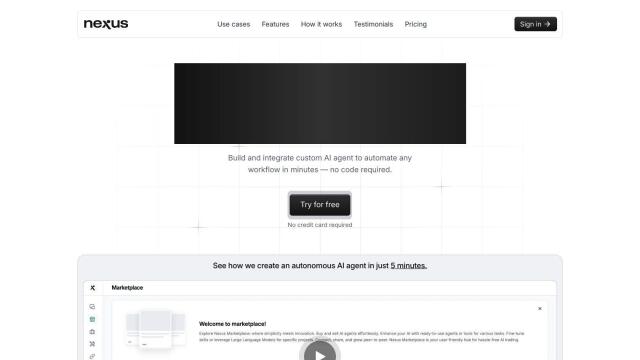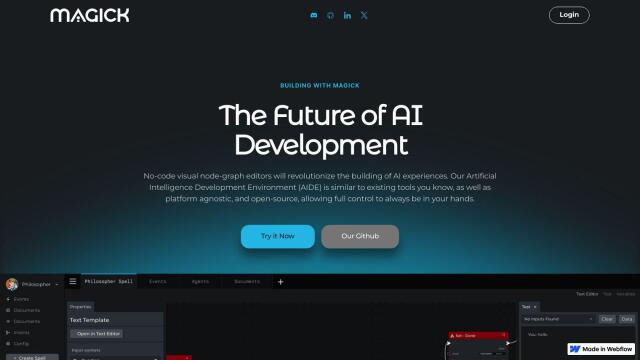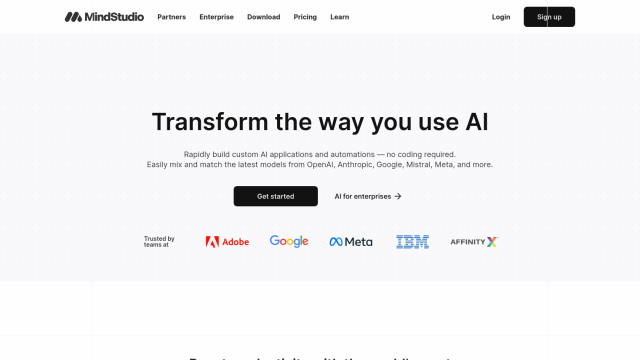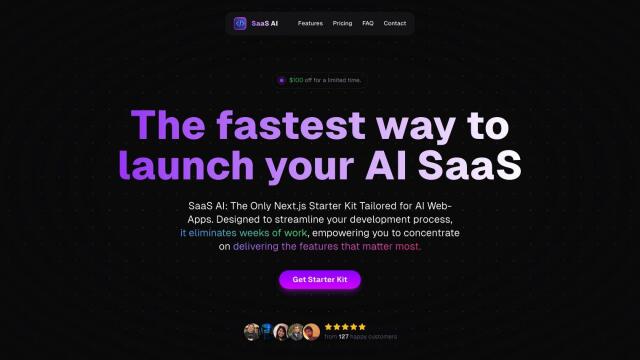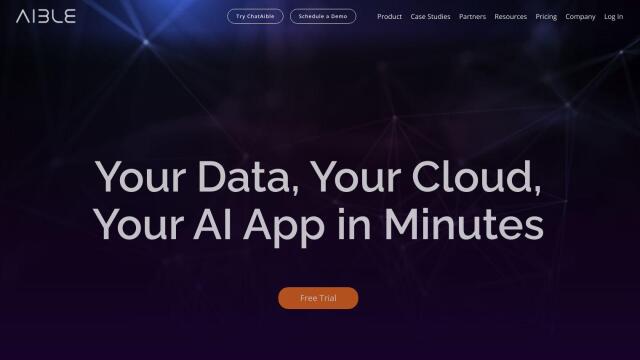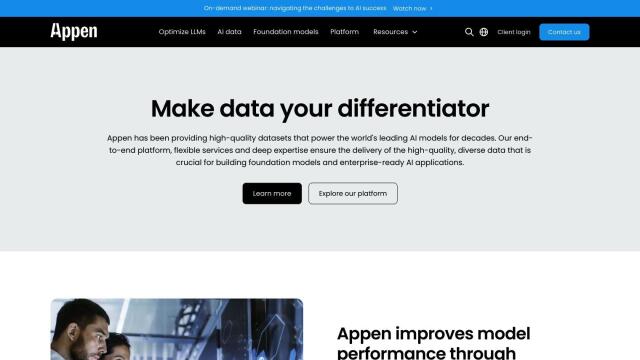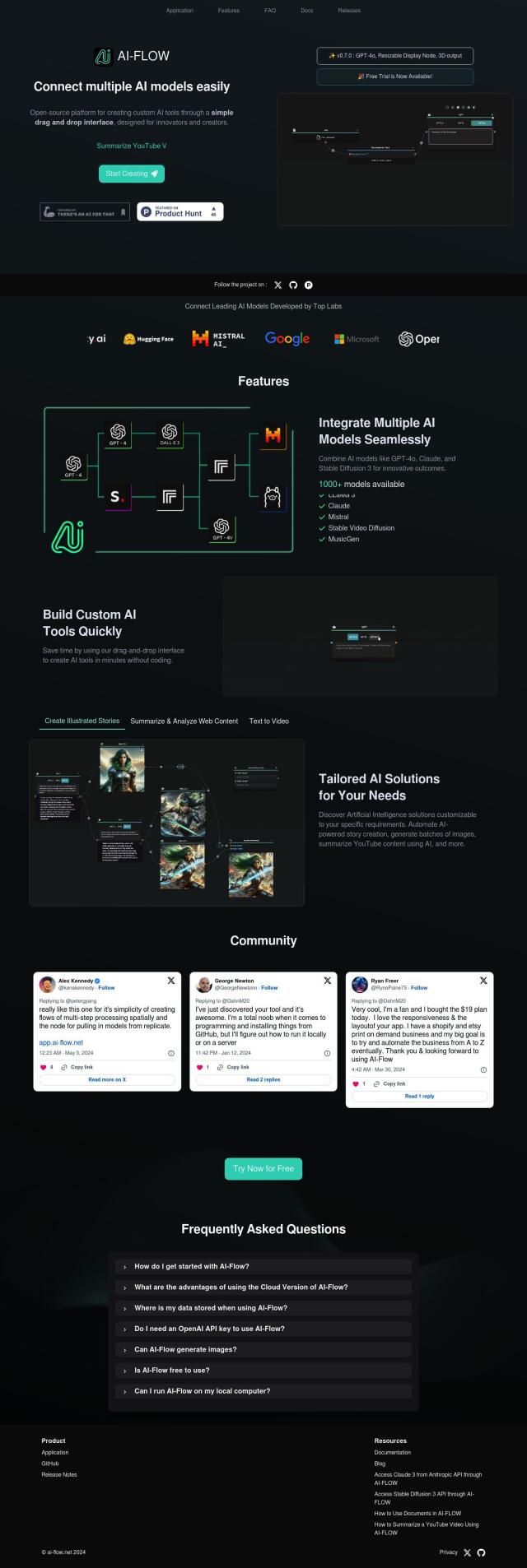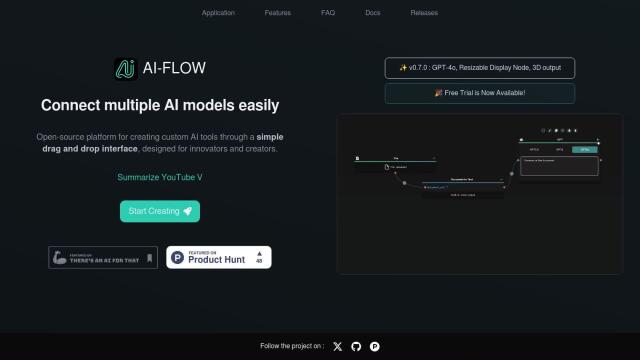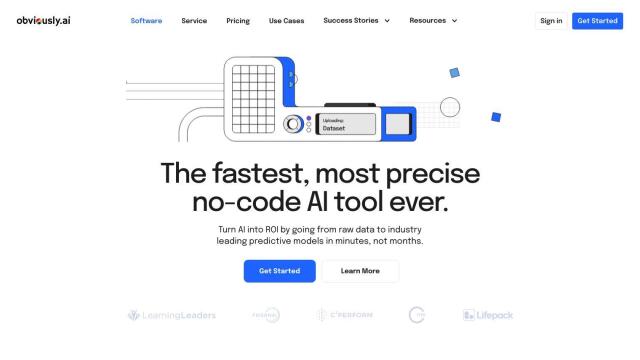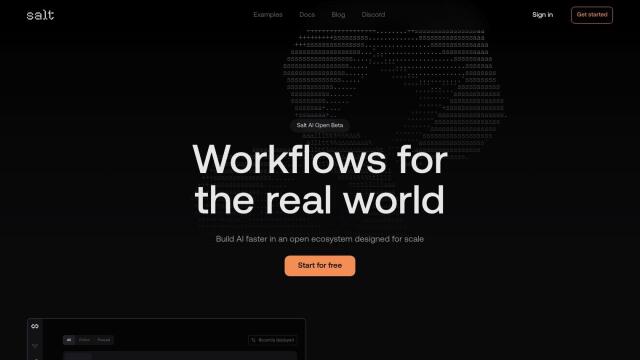

LastMile AI
If you're looking for something to replace BuilderKit, LastMile AI is another option. It's a full-stack developer platform that's geared to let you productionize generative AI apps with relative ease. The platform includes tools like Auto-Eval to spot hallucinations, RAG Debugger to optimize performance, and AIConfig to optimize prompts and models. It also has a notebook-like environment called Workbooks for prototyping and building apps with multiple AI models, and it's a good option for deploying production-ready AI apps.

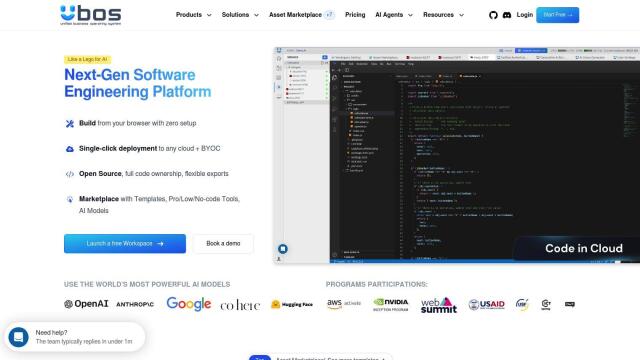
UBOS
Another good option is UBOS, an all-in-one, low-code platform that lets you create your own Generative AI apps right in your browser. UBOS can be deployed with a single click to any cloud, so it's good for both techies and nontechies. It supports many different AI models and comes with low-code/no-code tools, collaborative workspaces and an RAG framework, so it's good for building apps like chatbots, AI dashboards and machine learning apps.


Keywords AI
Keywords AI is another option. It's a single DevOps platform for building, deploying and monitoring AI apps based on large language models (LLMs). The platform exposes a single API endpoint for multiple LLM models, supports high concurrency without latency hits, and integrates with OpenAI APIs. It's got keyboard shortcuts for fast development, playgrounds for testing models, and performance monitoring with auto-evaluations, too. It's good for AI startups.

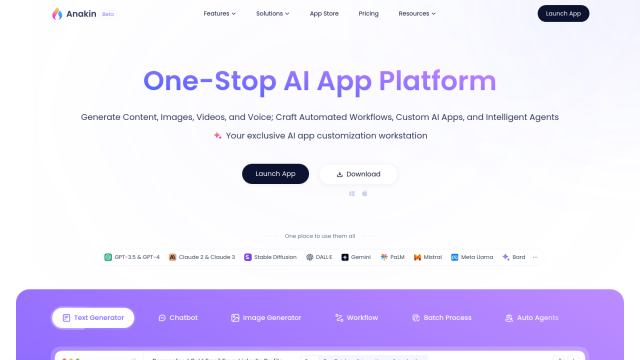
Anakin
If you want something more general purpose, Anakin is an all-in-one AI app platform that lets you generate content, images, videos and run workflows. It's got more than 1,000 prebuilt AI apps, but you can also use a no-code app builder to create your own. With batch job support and a range of AI models, Anakin is good for everything from content generation to automating complex processes.

